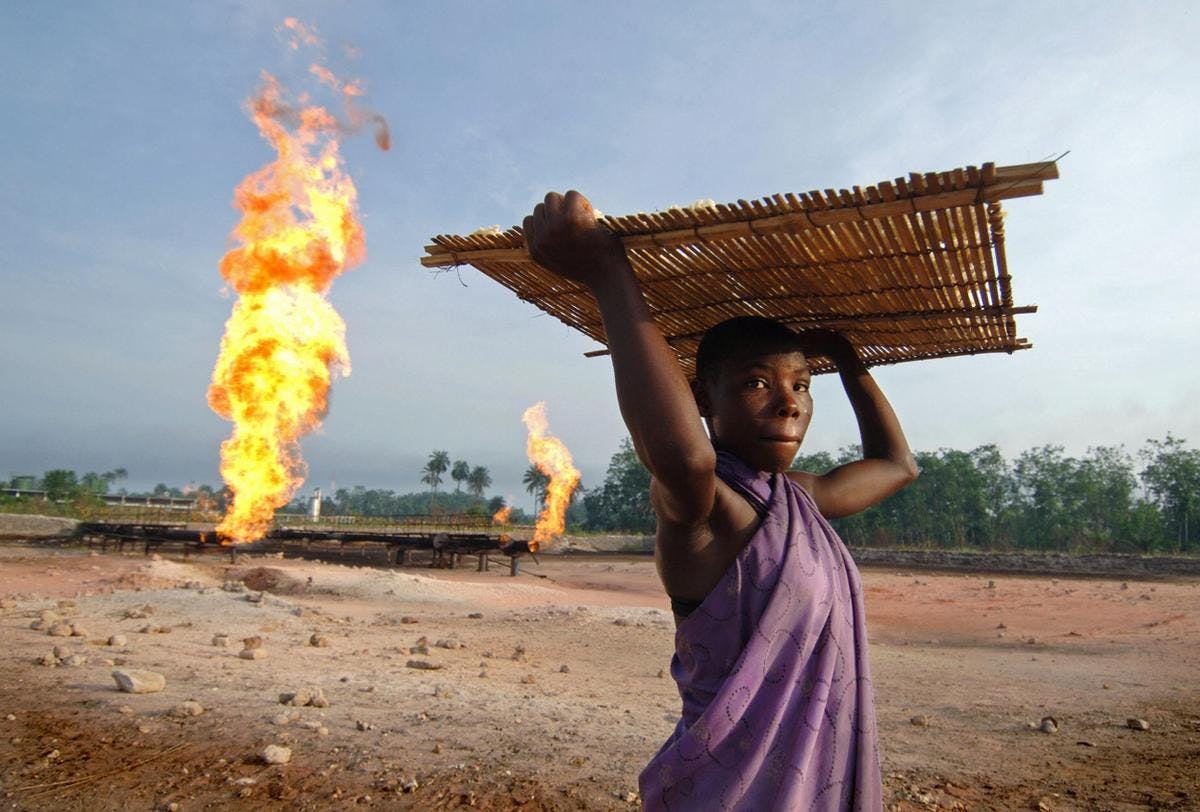NIGERIA: Oil nation or gas nation?
NEWS
|Jan 1, 1970


Nigeria has always been known for her oil exploration ventures which can be dated to as far back as 1903, when The Nigeria Bitumen Corporation conducted exploratory work in the country. Despite the various oil exploration activities, many citizens believe that the Nation is yet to truly experience the direct economic benefits and sadly the oil ‘business’ is slowly depreciating. Since Nigeria is the leading crude oil producer in Africa, it can only be concluded that the production is being affected by sporadic supply disruption.
Fortunately, crude oil is not the only resource which Nigeria has in abundance. Enter, Gas.
In our previous article, we mentioned that Nigeria’s gas reserves recently increased to about 206 trillion cubic feet and 600 trillion cubic feet, proven and unproven respectively. As the Nigerian gas industry expands, more natural gas reserves are being discovered and extracted, this depletes our proven gas reserve. However, it can be done productively by processing into the three gas types (LNG, CNG, LPG) rather than being flared into the atmosphere. Liquified Petroleum Gas (LPG) is produced during oil refining.
In 2015, Nigeria was the second largest producer and largest exporter of LPG in Africa but continues to have one of the lowest LPG utilization in Sub-Saharan Africa. The gas market is estimated to be at 1 million MT with the potential to reach 5 million MT, but of the 200 million population, there less than 15% LPG adoption resulting in a consumption per capita of 2.2kg in 2014. When compared to neighboring countries like Cameroon, Senegal and Ghana with consumption per capita of 3.8, 6.9 and 9.5 respectively, it is obvious that this is a low number.
Some will argue that all of this points to Nigeria being more of a gas nation that is yet to explore its potentials when you consider that its gas reserve represents 3% of the total world reserve.
This means that Nigeria is yet to embrace the usage of gas which is clearly abundant, cleaner and more cost effective. To change this narrative, the Federal Government of Nigeria declared 2020 as the “year of gas” and beginning of a “decade of gas” (through to 2030) to increase and deepen the use of gas in Nigeria for domestic, transport, industrial use and power generation. This has brought about the federal gas programs Nigerian Gas Expansion Program (NGEP) and the National LPG Expansion Plan and the Petroleum industry Act.
As the economic and commercial nerve center of the country, as well as being the fifth largest economy in Africa, Lagos state through IOGC is working closely with these bodies representing the state in transitioning into a gas-powered economy. IOGC is contributing to the gas for domestic value chain by becoming an aggregator, supplier and retailer of LPG across the five divisions of Lagos state, also making gas available, accessible and affordable.